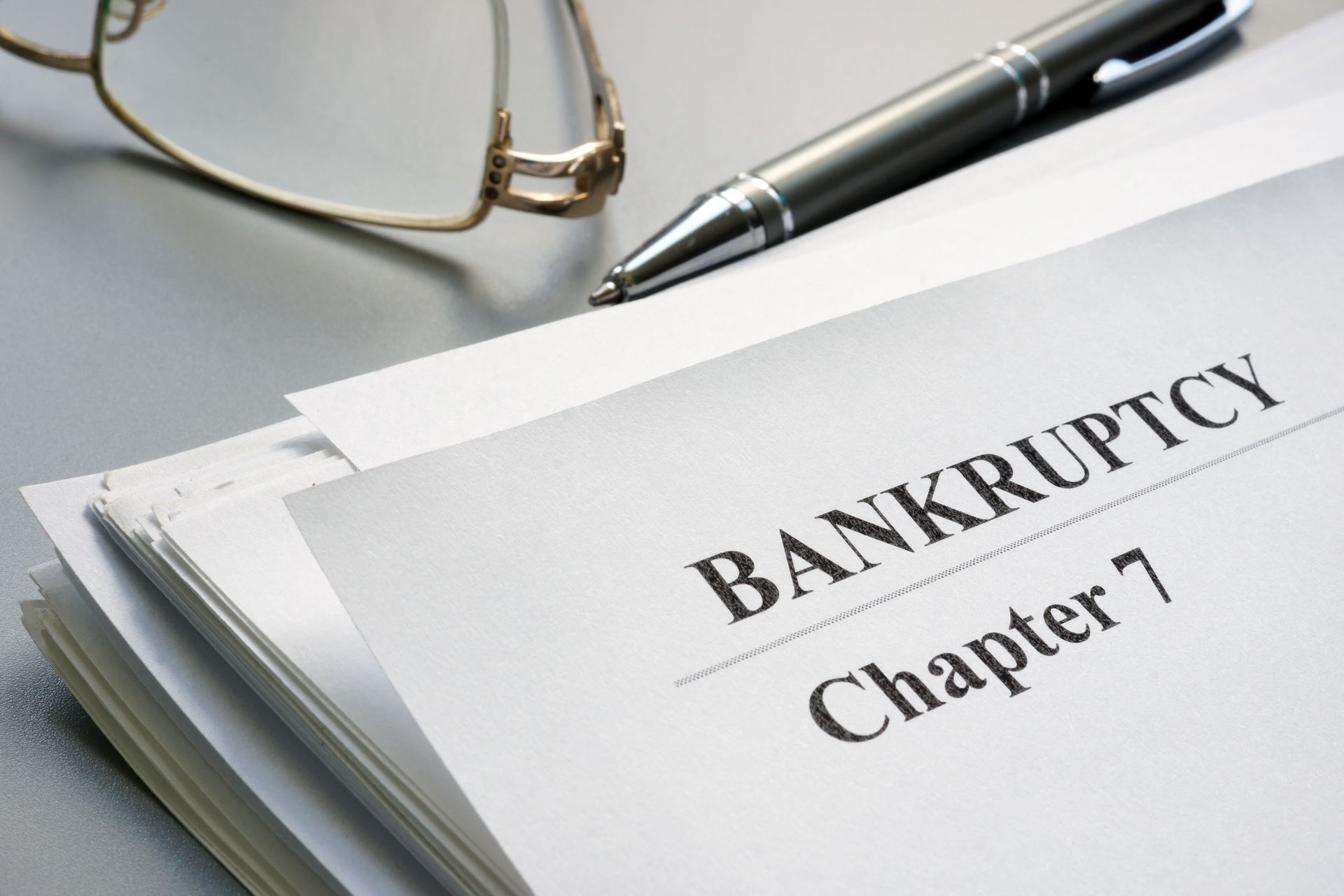10 Essential Tips from a Bankruptcy Law Firm
Filing for bankruptcy can feel overwhelming, but working with an experienced bankruptcy law firm can make the process far more manageable. These professionals guide clients through the details of bankruptcy law, help determine the best course of action, and work to protect financial futures. While the decision to file is never easy, the right preparation and legal guidance can provide relief and clarity. With this in mind, it’s important to look at essential tips that can help you approach bankruptcy more confidently and effectively.
1. Recognize the Different Types of Consumer Bankruptcy
For individuals, the most common bankruptcy options are Chapter 7 and Chapter 13. Chapter 7, often called liquidation bankruptcy, typically involves selling non-exempt assets to pay creditors, with most remaining debts discharged within a few months. Chapter 13, on the other hand, is structured as a repayment plan lasting three to five years, allowing filers to keep important assets like a home. According to Forbes, there are two primary types of consumer bankruptcies — Chapter 7 and Chapter 13 — and selecting the right one depends heavily on your financial circumstances. Knowing the differences between these options is essential before filing.
2. Prepare by Assessing Your Finances
Before starting the bankruptcy process, take a clear look at your financial situation. Make a complete list of debts, including mortgages, medical bills, credit cards, and personal loans. Then review your income and living expenses. This assessment not only helps determine whether bankruptcy is necessary but also guides the choice between Chapter 7 and Chapter 13. A bankruptcy law firm can review these details and provide tailored advice on which option is most suitable.
Assessing your finances also means looking at long-term patterns. Consider how spending habits, unexpected medical costs, or changes in income may have contributed to your current situation. By recognizing these factors, you can take steps to prevent the same challenges from resurfacing later. Careful evaluation at this stage strengthens your ability to make informed decisions and use bankruptcy as a true turning point.
3. Gather the Required Documentation
Documentation is a critical part of filing for bankruptcy. Expect to gather tax returns, pay stubs, bank statements, loan documents, and records of major assets such as vehicles or property. A bankruptcy law firm will rely on this information to prepare an accurate petition. Having your paperwork organized makes the process smoother and minimizes delays or complications.
Some people underestimate just how detailed this process is. Even small assets or irregular sources of income must be disclosed. By providing complete and transparent information, you protect yourself from unnecessary setbacks and show the court you are filing in good faith. A bankruptcy law establishment ensures that nothing is overlooked and that your petition reflects your true financial circumstances.
4. Complete Mandatory Credit Counseling
All individuals filing for bankruptcy must first complete credit counseling through an approved provider. This step ensures that bankruptcy is the right choice after considering other options. The certificate from this counseling session is required for your petition. A bankruptcy law firm can help you find an approved provider and ensure you meet this important requirement before filing.
5. File the Petition with Accuracy
The bankruptcy petition itself is the central document in the process. It details assets, debts, income, and recent financial transactions. Errors or omissions can result in delays, dismissal, or even penalties. Filing with the help of a bankruptcy law firm ensures accuracy and compliance with all legal standards. Once filed, an automatic stay usually takes effect, immediately stopping most collection efforts and offering valuable relief from creditor pressure.
6. Understand the Trustee’s Role
After filing, a trustee is assigned to review your case. In Chapter 7, the trustee may liquidate non-exempt assets to repay creditors. In Chapter 13, the trustee manages the repayment plan and ensures payments are distributed fairly. While the trustee plays an impartial role, their decisions carry significant weight. A bankruptcy law agency can guide you through interactions with the trustee and help you prepare for required meetings.
7. Take Advantage of the Automatic Stay
The automatic stay is one of the strongest protections bankruptcy provides. It halts wage garnishments, foreclosures, and creditor harassment, giving you space to regain control of your finances. While not all legal actions are covered, this protection offers immediate relief. A bankruptcy law firm can explain what the automatic stay means in your situation and ensure you make the most of this safeguard.
8. Avoid Common Filing Mistakes
Many bankruptcy cases become complicated due to preventable mistakes. Attempting to hide assets, running up credit before filing, or selectively paying creditors can all cause major setbacks. Another common mistake is attempting to file without legal representation, which often leads to incomplete or inaccurate petitions. Partnering with a bankruptcy law corporation reduces these risks and helps ensure your case proceeds smoothly.
It is also important to remember that your obligations do not end the day you file. In Chapter 13, for example, you are required to make regular payments under the court-approved plan. Missing those payments can derail your case and put you back at risk of foreclosure or collections. Likewise, even in Chapter 7, there may be post-filing requirements such as financial management courses that you cannot ignore. A bankruptcy law firm keeps you on track, reminding you of deadlines and obligations so your case stays on course.
9. Rebuild After Bankruptcy
Filing for bankruptcy is not the end of your financial journey — it’s the beginning of a new one. Start by creating a realistic budget, setting financial goals, and gradually rebuilding your credit score. Secured credit cards or becoming an authorized user on a trusted account can help demonstrate responsible credit use. Over time, your financial health can improve, giving you a stronger foundation for the future. A bankruptcy law firm can also offer resources and guidance for making smart financial decisions after your case concludes.
Another important step in rebuilding is creating an emergency fund. Even saving a small amount each month can eventually provide the cushion needed to cover unexpected expenses without falling back into debt. Many people also find it helpful to pursue financial education, whether through community classes, nonprofit programs, or online resources. The more you understand about budgeting, credit, and money management, the more empowered you will be to maintain financial stability long after your bankruptcy is discharged.
10. Practice Patience During Recovery
Patience also plays a key role in recovery. A bankruptcy record can remain on your credit report for years, but its impact lessens over time as you build positive history. By staying disciplined with your budget, keeping debt levels low, and paying bills on time, you can steadily rebuild. Each step forward, however small, helps reinforce long-term financial security.
Bankruptcy can feel like an uncertain road, but with the right strategies and legal support, it is also an opportunity for a fresh start. By understanding the types of bankruptcy available, preparing thoroughly, and avoiding common mistakes, you can move forward with greater confidence. Our team at Sam Henry IV Attorney At Law is here to guide you through every step of Chapter 7 or Chapter 13 Bankruptcy. We work closely with individuals to ensure their cases are handled with care and professionalism. If you are considering bankruptcy, reach out to us today to learn how we can help you take the first step toward financial renewal, stability, and peace of mind for the future.





Share On: